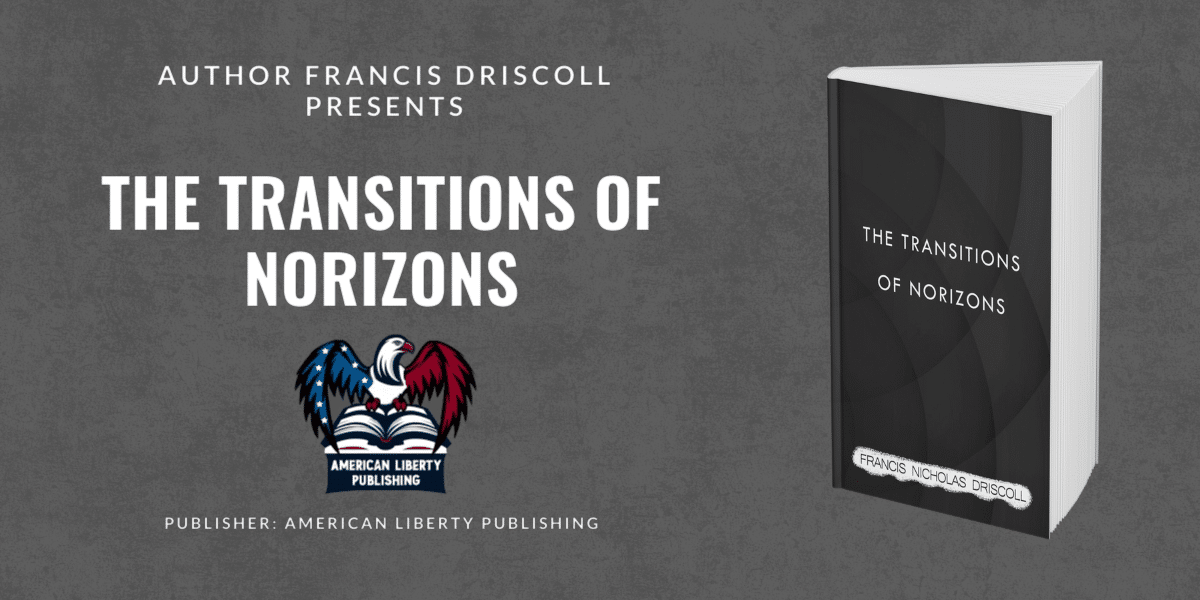In the realm of non-fiction writing, where the goal is to capture the essence of real events, people, and ideas, the art of conducting effective interviews emerges as a cornerstone of crafting truly compelling narratives. Authors like John Perry, with their keen insight and experience, not only acknowledge but also embrace the immense power and value inherent in honing interviewing skills. These skills become indispensable tools for writers seeking to uncover hidden insights, breathe life into their stories, and importantly, capture the authentic voices that resonate with readers on a profound level. This article ventures into the significant role that mastering the craft of effective interviews plays in the world of non-fiction writing, delving deep into how this mastery not only elevates the quality of narratives but also amplifies their impact, making them memorable and impactful for audiences across diverse spectrums.
The Importance of Authenticity and Depth
One of the primary reasons for mastering effective interviewing skills is to bring authenticity and depth to non-fiction narratives. John Perry, an accomplished author known for his meticulous research, understands that interviews offer a unique opportunity to access firsthand accounts, personal experiences, and unique perspectives. By conducting interviews with precision and empathy, writers like Perry can capture the essence of their subjects, creating narratives that resonate with readers on a profound level.
Uncovering Hidden Insights
Effective interviewing goes beyond surface-level information; it delves into the nuances, emotions, and intricacies of a subject’s story. John Perry’s work, such as his biography of Sgt. Alvin York, showcases how insightful interviews can unearth hidden insights and untold aspects of a person’s life. Perry’s interviews with York’s children provided a wealth of information and personal anecdotes that enriched the narrative, offering readers a deeper understanding of York’s character and legacy.
Capturing Authentic Voices
One of the hallmarks of exceptional non-fiction writing is the ability to capture authentic voices. Through skillful interviewing, authors like John Perry can preserve the unique voices, dialects, and personalities of their subjects. This authenticity not only enhances the readability of the narrative but also fosters a connection between the reader and the individuals being portrayed.
Strategies for Effective Interviewing
Mastering effective interviewing skills requires a combination of preparation, empathy, active listening, and thoughtful questioning. John Perry emphasizes the importance of thoroughly researching the subject beforehand, developing a rapport with interviewees, and creating a comfortable environment conducive to open and candid conversations. Perry’s approach highlights the need for sensitivity, respect, and a genuine curiosity to delve into the depths of a person’s story. A key to success is having relevant questions ready while being willing to veer off in a new direction if the conversation takes an unexpected turn. People will make interesting, animated comments about a topic that interests them. Especially at the beginning of the interview, let them take the lead and talk about what gets them excited.
The Impact on Non-Fiction Writing
The impact of effective interviewing skills on nonfiction writing is tremendous. John Perry’s work exemplifies how well-conducted interviews can transform a narrative, infusing it with authenticity, emotion, and richness. Whether writing biographies, historical accounts, or investigative pieces, authors who master the art of effective interviews elevate their storytelling and leave a lasting impression on readers.
John Perry’s Approach to Interviewing
John Perry’s approach to interviewing is rooted in his passion for storytelling and his deep respect for his subjects. By meticulously preparing for interviews, actively listening, and asking insightful questions, Perry ensures that each interview yields valuable insights and contributes to the narrative’s overall impact. His ability to capture authentic voices and convey the human experience is a testament to his mastery of the craft.
Elevating Non-Fiction Narratives Through Effective Interviews
Effective interviewing skills are instrumental in elevating the quality, depth, and authenticity of non-fiction narratives. Authors like John Perry demonstrate how mastering this craft can unlock hidden insights, capture authentic voices, and create compelling stories that resonate with readers. Aspiring writers in the non-fiction genre can learn valuable lessons from Perry’s approach, understanding that effective interviews are not just about gathering information but about connecting with people and telling their stories with integrity and empathy.
Published by: Khy Talara






